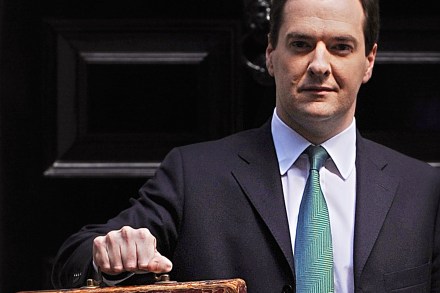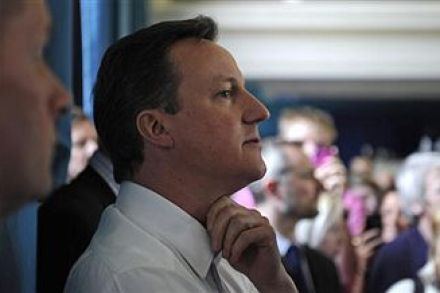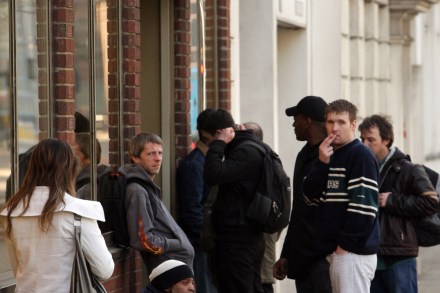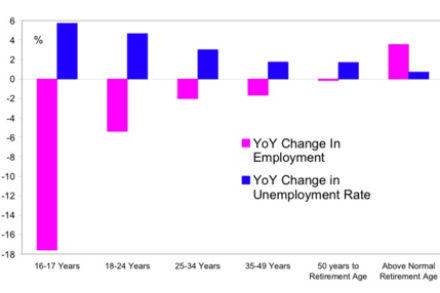Osborne must make the workings of the OBR even more transparent
Forget the hubbub about Gove’s schools list, the most damaging story for the government this week could well be on the cover of today’s FT. Alex Barker does a great job of summarising it here. But the central point is that the Office for Budget Responsibility changed its forecasting methods just before the Budget, with the effect of reducing how many public sector jobs would be lost due to the government’s measures. This isn’t damning on its own: statisticians constantly tweak their forecasting methods. But when you consider that the OBR’s new methods incorporated policies which haven’t even been announced yet (including one which pre-empts the findings of John Hutton’s


















